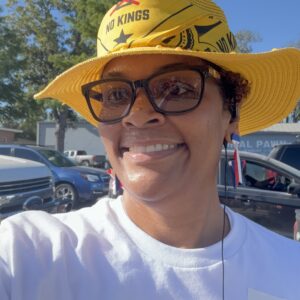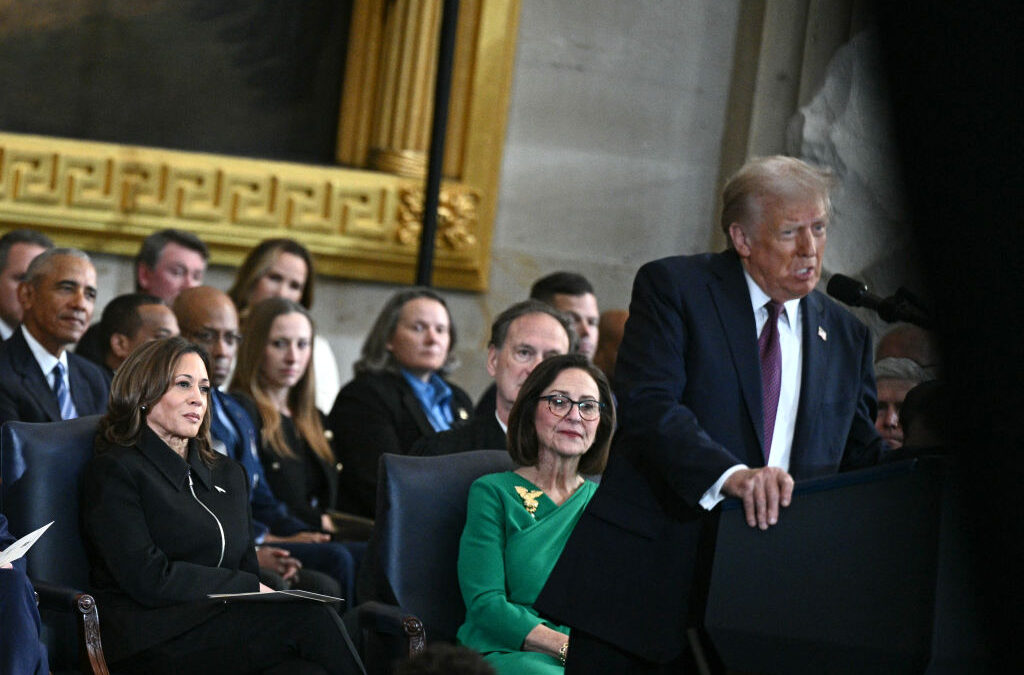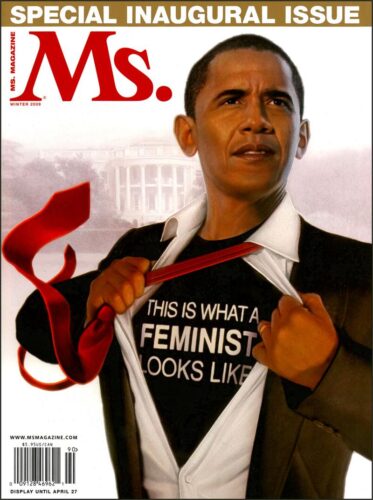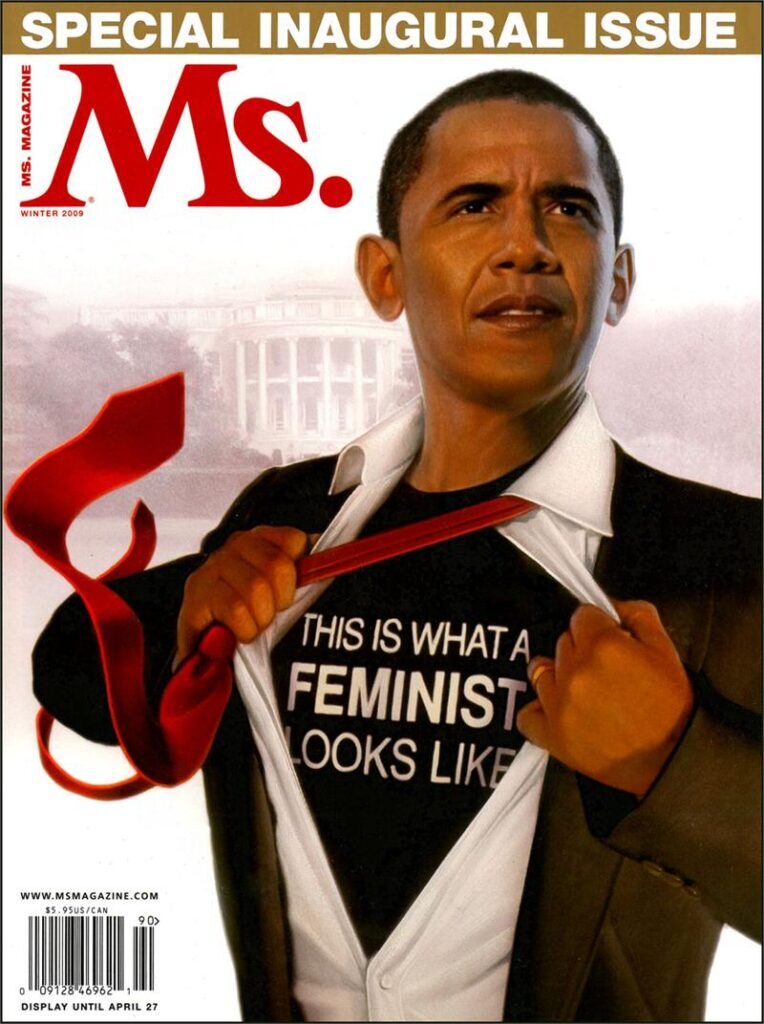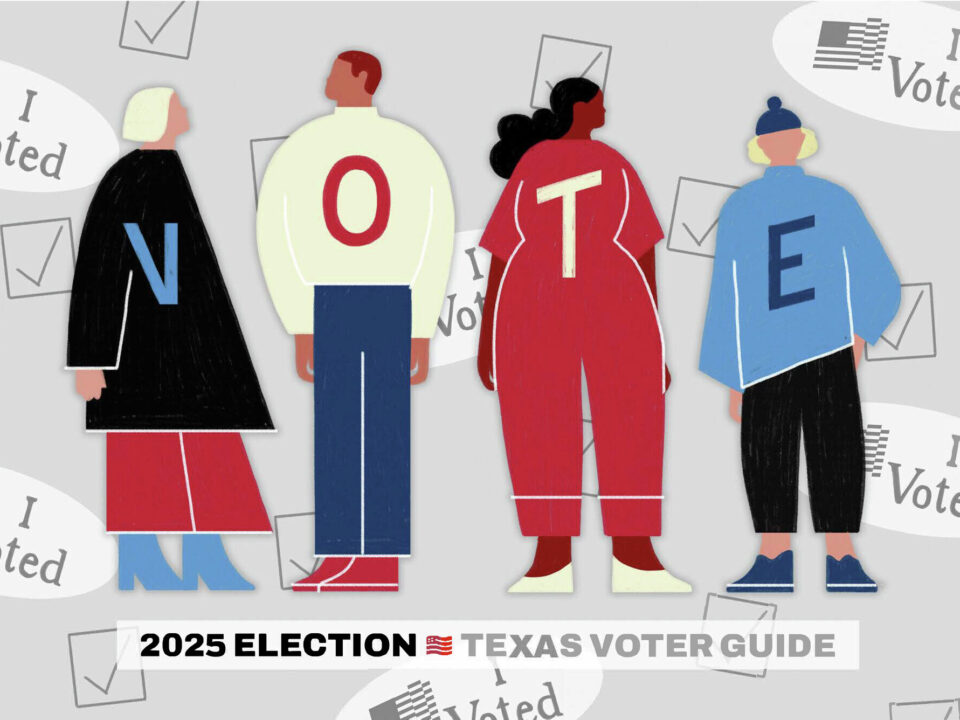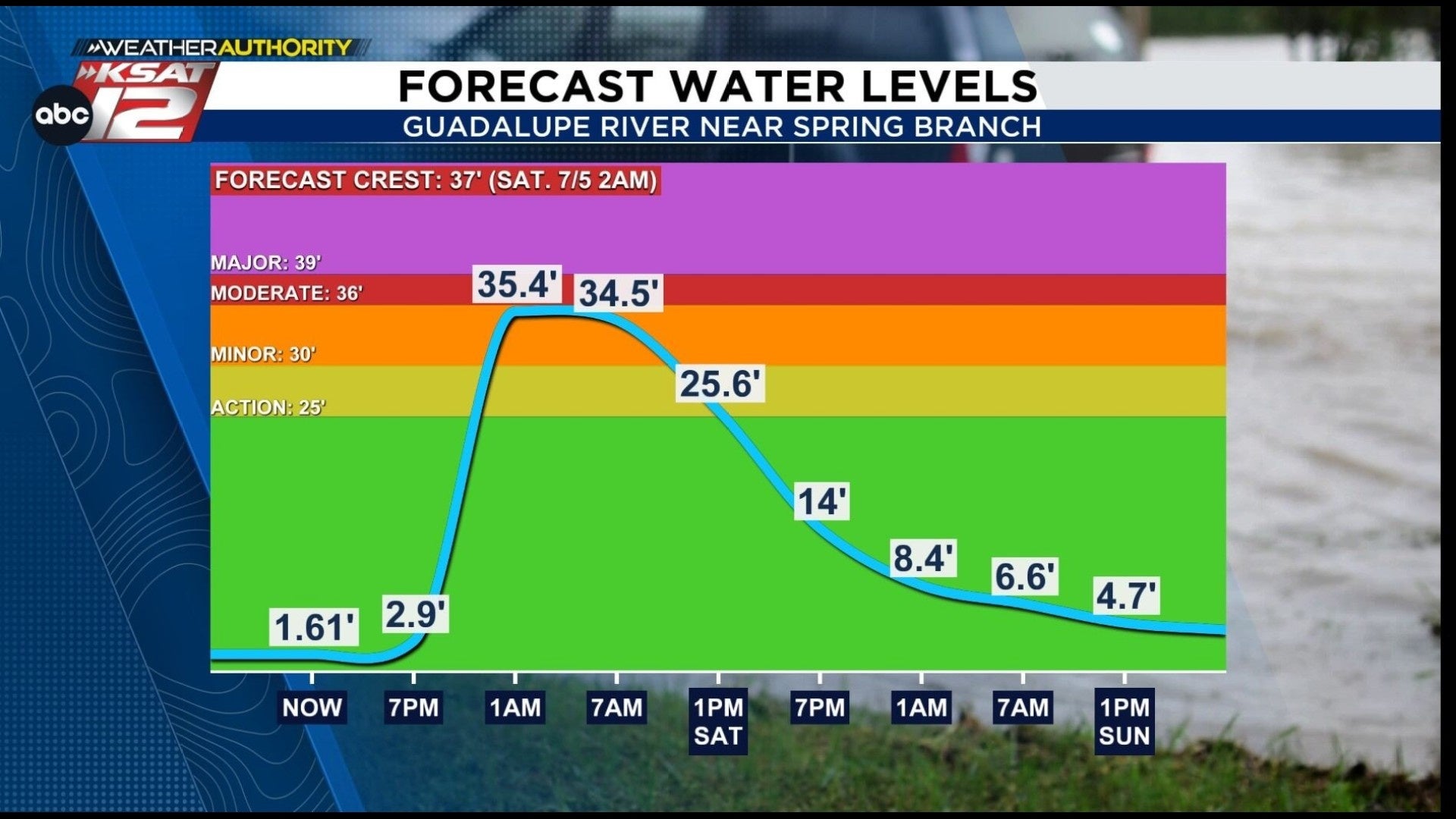
Guadalupe River expected to flood Spring Branch area Friday night
July 4, 2025
A tip of the cap to the Wimbledon player who caught his hat when it fell off but still won a point
July 4, 2025Felicia’s Notes
Commentary by Felicia Ray Owens
They didn’t lie—Americans do want a feminist future. But what most people still don’t realize is that we can’t get there just by passing a few bills or electing a few “firsts.” The entire political system was built without us in mind—so of course it keeps locking us out. This piece lays it out clearly: the change we need isn’t cosmetic. It’s structural. And it starts when we stop trying to squeeze justice into a broken mold.
In the first episode of Looking Back, Moving Forward, experts in gender and politics examine the promise of a truly representative democracy—and what it will take for feminists to build one.
Donald Trump has insisted that he has a “mandate” from voters to peddle his wildly unpopular policies — and, apparently, to stop at nothing to enforce them. But in reality, Americans by and large want a feminist future.
“What is the feminist agenda? Wherever you measure it,” Celinda Lake said in an interview for the Ms. Studios podcast Looking Back, Moving Forward, “it is wildly, wildly popular.”
During our interview, Lake — pollster, political strategist and president of Lake Research Partners — rattled off the evidence: “Equal pay: Men and women are adamantly in favor of it, and everybody believes that women are not paid the same as men, and they think it’s bad for families.”
“Every state in the country is 10 points more pro-abortion than it was before Dobbs,” she continued. “Every single state. … When we were doing work on structural racism, Black women’s maternal health was the single best example of that in people’s minds. They thought: Something is structurally very wrong here. There’s no other explanation. … Democrats, Republicans and Independents want to spend more at the state and federal level on children’s programs — not less, more.”
The first episode of Looking Back, Moving Forward digs into the history and future of the feminist fight for both political representation and political power. The experts I spoke to for the episode reminded me that feminists have the power to redefine our democracy — and that rumors of our defeat have been greatly exaggerated. You can listen to the episode now on Spotify, Apple Podcasts, iHeart Radio or wherever you get your podcasts. (And don’t forget to like, follow, and subscribe so you don’t miss the next episode!)
The gender gap was first observed in 1980, when exit polls finally began reporting out by gender. (Eleanor Smeal, now the publisher of Ms., first acknowledged and named the trend.)
More than 40 years later, we don’t question that women are a powerful voting bloc — but so are all people who support gender equality. After the 2012 elections, Lake, in conjunction with Smeal and the Feminist Majority Foundation, recorded and named the impact of “The Feminist Factor” — the voting bloc of self-identified feminists voting in line with their values. That bloc re-elected Barack Obama in 2012, and more voters have self-selected into it over the last decade.
“In our most recent data … you see 49 percent of people describing themselves as feminists,” Lake said in our interview. “When you describe what feminism is, 57 percent describe themselves as feminist.”
In other words: We’re far from alone in our longing for a more free and fair world. In fact, we’re the majority.
“The mantra of She the People is to love our own and others,” Aimee Allison, founder and president of the national organization building political power for women of color, said. “We start with love, to create a nation where everyone belongs, to ensure justice for all, and to make the American democracy live up to its greatest promise, and that’s it. That’s what I want. That’s what millions of us want… This anti-democracy movement has always had strength, and it seems like it’s overwhelmingly strong right now. I just want us to remember: at the same time, love, justice, belonging and democracy, the core of that, has also been growing.”
Feminist candidates play a big part in growing that movement, and in harnessing its power. “I’m a mom. I’m a daughter of parents that are getting older. I’m a wife and a partner. But I’m also an Indigenous woman,” New Mexico state Senator Angel Charley said. “I’m a Native woman before I’m anything else in this world, and that is how I’ve been approaching this.”
Charley arrived at the statehouse after a decade of leadership in the movement for Indigenous women’s rights and an end to gender-based violence. “It was through that advocacy that I just was drawn into what good policy means,” she said.
We need to shift who has power in this country… I want women to feel safe and secure, and well paid, and proud and in charge of our autonomy in every way, and part of every decision that impacts us and impacts our families.
Cynthia Richie Terrell, founder of RepresentWomen
In a piece for Ms. on the rise of authoritarianism and the misogyny it brings, Zoe Marks and Erica Chenoweth quoted political scientist Valerie Hudson, who called patriarchy “the first political order” — and declared that “feminist candidates, women elected officials, and feminist policies are fundamental to the health and well-being of democracy.”
That means the antidote to what we’re up against is to get feminist candidates elected. To find out how we can do that, I talked to experts and advocates exploring how we can make our democracy more representative.
“Misogyny is a system, patriarchy is a system, by which people who are in power extract benefits and value from people who have no rights. And in our nation, that meant enslaved African Americans and women, who did not have rights, but were expected to basically take care of our posterity, just to quote the Preamble of the U.S. Constitution, to do all the reproductive labor necessary to perpetuate the nation throughout the generations,” Julie C. Suk, Honorable Deborah A. Batts distinguished research scholar and professor of law at Fordham Law and author of After Misogyny: How the Law Fails Women and What to Do about It, said. “Even if we formally have the right to vote and we formally have equality, the entire infrastructure by which women have been excluded from real participation in decision making and power — that continues.”
“We need to shift who has power in this country,” Cynthia Richie Terrell, founder of RepresentWomen, said during our interview for the podcast. “I don’t want to have any one gender completely in charge of anything, but I do want women to feel safe and secure, and well paid, and proud and in charge of our autonomy in every way, and part of every decision that impacts us and impacts our families. That’s doable, but it’s going to require a lot of shifting of power — shifting of power away from older people, from white people, from men.”
Richie Terrell’s organization is particularly excited about the potential for ranked choice voting to help women tip the scales and win more races. “This year we saw the first decline in two decades of women in the house of representatives,” she said, “and it’s due to all those constraints in our polarized, rigid system. The only way that we’re really going to address that and tackle that is to change the electoral system.”
That was certainly true in Mexico, where a decades-long fight for equitable gender representation, led by bipartisan groups of women in politics, paved the way for the election of its first female president last year. “After you’ve had 30 years of 30, and then 40, and now 50 percent women — not just in Congress but also now in the governor’s seats, in the state legislatures, as mayors … it’s really hard to make the argument that women aren’t interested, and women aren’t competent, and women aren’t capable,” Jennifer M. Piscopo, director of the Gender Institute and professor of gender and politics at Royal Holloway University of London and a Ms. contributor who has written extensively about the reforms that reshaped Mexican politics, said during our interview. ”That has been enormously important, and it changes the perceptions of what women can do.”
This isn’t to say we don’t have a lot of work ahead of us. We certainly do. We need to come together to demand the policies we know people want — and we need to rewire our political system in order to make it happen. What all this does mean is that the work is hard, but not impossible. The fight is not futile — instead, it is a still-fertile ground to repair and expand our democracy.
“We need to embrace a new reality in which we’re going to have to do some incredible collective organizing to protect what we believe in about this country,” Richie Terrell explained, “and really embrace that vision of what a remodeled power structure looks like… We’ve got to push our own major women’s-led democracy-and-everything-else movement, and use all the strategies that we can think of to get that job done and reach that vision of a gender-balanced world.”
Great Job Carmen Rios & the Team @ Ms. Magazine Source link for sharing this story.







